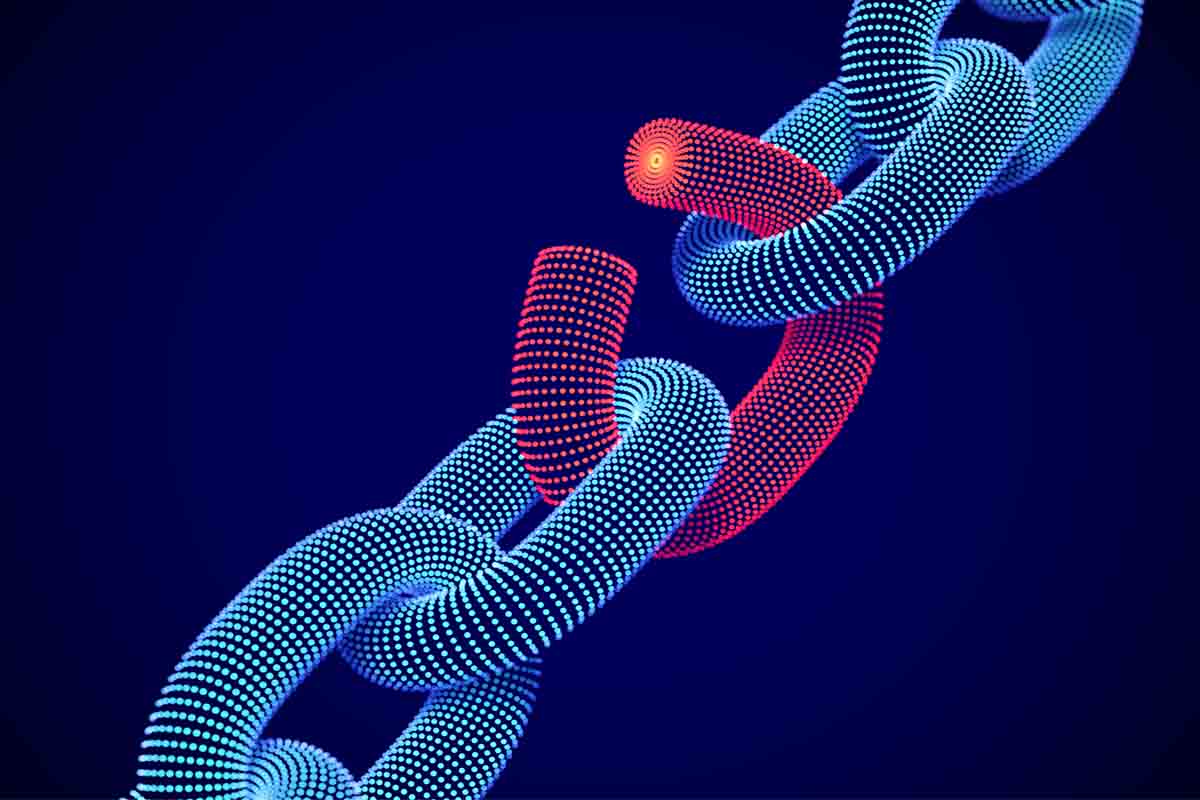See article by Fu et al
The Antisuicidal Effect of Esketamine Should Be Further Investigated
To the Editor: In a recent Journal article, Fu et al1 reported no greater improvement in suicidal ideation (SI) at 24 hours with esketamine versus placebo (both in addition to standard of care) in severely depressed adults with active SI despite greater improvement in depressive symptomatology. Yet, this negative result should be interpreted cautiously.
First, we may point out that a greater reduction in SI was reported with esketamine versus placebo in patients with more severe depressive symptoms. Change in SI while taking into account the change in depressive symptoms is deserving of study. Indeed, evidence has shown that SI course was related to but separated from depression course.2
Second, the use of the Clinical Global Impression of Severity of Suicidality Revised version to assess SI is questionable. This clinician-rated module is part of the Suicide Ideation and Behavior Assessment Tool, specifically designed for studies testing esketamine.3 However, according to the Montgomery-Asberg Depression Rating Scale suicidal thoughts measure, SI was significantly reduced at 4 hours post first dose and at day 25 in the esketamine group. In addition, previous studies have reported a discrepancy between patient and clinician ratings of SI.4 Self-rating of SI could be more predictive of a future suicide attempt than clinician rating.5 It is thus crucial to measure patients’ ratings of change in SI with esketamine versus placebo.
Third, the high placebo effect could be partly explained by the innovative type of treatment administration (intranasal spray), the short duration of the trial, and the high number of visits during the trial (more frequent interactions between practitioners and patients than in usual care).6
Fourth, during the visits, the patients had close contacts with at least 3 health care workers (site staff member, safety rater, efficacy rater) for at least 90 minutes (minimum duration of the safety monitoring). Care, attention, and enhanced social support are beneficial to reduce SI.7 This also raises the question of the organization of care, ie, the need to develop intensive care units providing specific therapeutic strategies in well-defined conditions for the management of suicidal depression (severely depressed patients with active SI).
Fifth, the effectiveness of treatments for SI is only partially explained by changes in depression symptoms.8 It would thus be interesting to investigate whether esketamine, similarly to ketamine, may impact other suicide-related features such as pain or anhedonia.9
Come what may, this study shows a rapid impact of esketamine on depression in the context of suicidal crisis, which may reduce the probability of suicide attempt. SI and prior suicide attempts are among the most potent predictors of future death by suicide.10 The significant reduction of SI in those who previously attempted suicide highlights that esketamine treatment must be proposed to patients who are at highest risk of suicide. Indeed, a history of suicidal behaviors has been associated with poor response to antidepressant treatment.11 Individuals who attempt suicide may thus benefit from add-on esketamine treatment.
Dr Fu was shown this letter and declined to reply.
References
1.Fu D-J, Ionescu DF, Li X, et al. Esketamine nasal spray for rapid reduction of major depressive disorder symptoms in patients who have active suicidal ideation with intent: double-blind, randomized study (ASPIRE I). J Clin Psychiatry. 2020;81(3):19m13191. PubMed CrossRef
2.Batterham PJ, van Spijker BAJ, Mackinnon AJ, et al. Consistency of trajectories of suicidal ideation and depression symptoms: evidence from a randomized controlled trial. Depress Anxiety. 2019;36(4):321-329. PubMed CrossRef
3.Alphs L, Canuso C, Williamson D. Suicide Ideation and Behavior Assessment Tool (SIBAT): a novel measure of suicidal ideation and behavior and perceived suicide risk. Poster presented at: International Society for CNS Clinical Trials and Methodology 2015 Autumn Conference; August 27-29, 2015; Amsterdam, The Netherlands.
4.McClure JR, Tal I, Macera CA, et al. Agreement between self and psychiatrist reporting of suicidal ideation at a Veterans Administration psychiatric emergency clinic. Depress Anxiety. 2018;35(11):1114-1121. PubMed CrossRef
5.Czyz EK, Horwitz AG, King CA. Self-rated expectations of suicidal behavior predict future suicide attempts among adolescent and young adult psychiatric emergency patients. Depress Anxiety. 2016;33(6):512-519. PubMed CrossRef
6.Weimer K, Colloca L, Enck P. Placebo effects in psychiatry: mediators and moderators. Lancet Psychiatry. 2015;2(3):246-257. PubMed CrossRef
7.Kleiman EM, Liu RT. Social support as a protective factor in suicide: findings from two nationally representative samples. J Affect Disord. 2013;150(2):540-545. PubMed CrossRef
8.Grunebaum MF, Galfalvy HC, Choo TH, et al. Ketamine for rapid reduction of suicidal thoughts in major depression: a midazolam-controlled randomized clinical trial. Am J Psychiatry. 2018;175(4):327-335. PubMed CrossRef
9.Lengvenyte A, Olié E, Courtet P. Suicide has many faces, so does ketamine: a narrative review on ketamine’s antisuicidal actions. Curr Psychiatry Rep. 2019;21(12):132. PubMed CrossRef
10.Franklin JC, Ribeiro JD, Fox KR, et al. Risk factors for suicidal thoughts and behaviors: a meta-analysis of 50 years of research. Psychol Bull. 2017;143(2):187-232. PubMed CrossRef
11.Lopez-Castroman J, Jaussent I, Gorwood P, et al. Suicidal depressed patients respond less well to antidepressants in the short term. Depress Anxiety. 2016;33(6):483-494. PubMed CrossRef
aDepartment of Emergency Psychiatry and Acute Care, Lapeyronie Hospital, CHU Montpellier, Montpellier, France
bPSNREC, Univ Montpellier, INSERM, CHU de Montpellier, Montpellier, France
Published online: September 22, 2020.
Potential conflicts of interest: Drs Olié and Courtet have been investigators for the ASPIRE II study (Janssen Cilag). Dr Nobile has no disclosures to report.
Funding/support: None.
J Clin Psychiatry 2020;81(6):20l13482
To cite: Olié E, Nobile B, Courtet P. The antisuicidal effect of esketamine should be further investigated. J Clin Psychiatry. 2020;81(6):20l13482.
To share: https://doi.org/10.4088/JCP.20l13482
© Copyright 2020 Physicians Postgraduate Press, Inc.
This PDF is free for all visitors!





